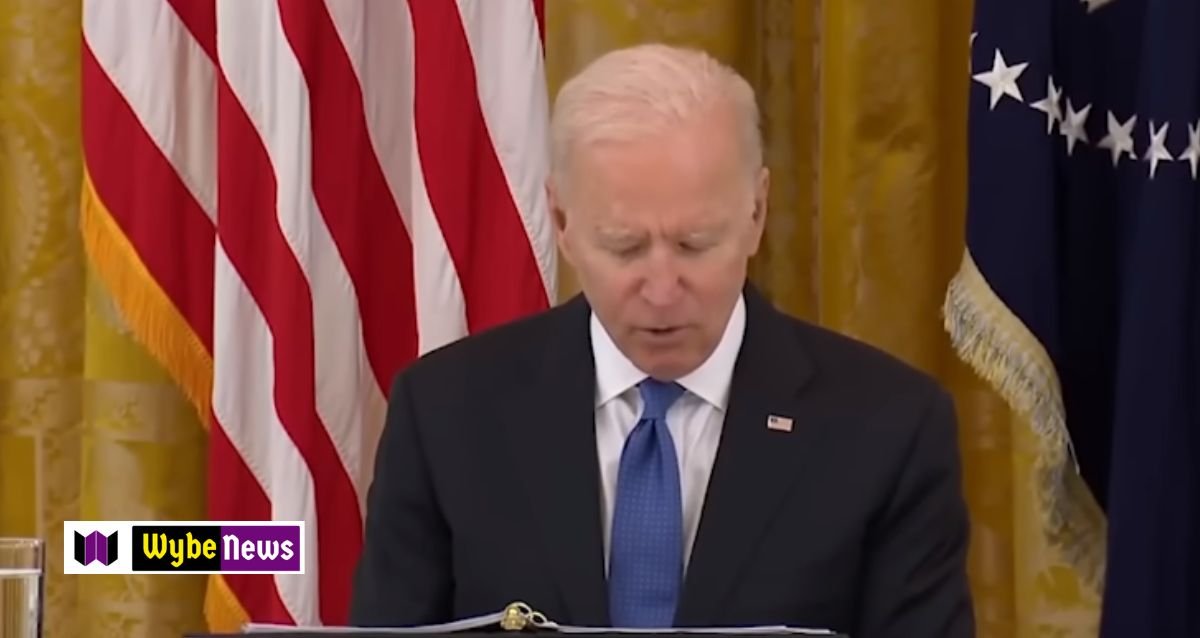Canada Halts Arms Exports to Israel, Netanyahu Reacts with Displeasure

In a significant development that reverberates across diplomatic circles, Canada has announced a cessation of all arms shipments to Israel. This decision, communicated by Canada’s Foreign Minister Melanie Joly, marks a notable shift in Canada’s foreign policy stance and has drawn sharp reactions, particularly from Israeli Prime Minister Benjamin Netanyahu.
The decision was disclosed through a statement published in the Toronto Star, where Minister Joly articulated Canada’s decision to terminate future arms exports to Israel. Citing the prevailing situation on the ground, Canadian officials highlighted the imperative to withhold military equipment exports.
“The situation on the ground prevents us from exporting any military equipment,” emphasized a Canadian official, underlining the gravity of the circumstances prompting the decision.
This move by Canada underscores the escalating tensions and humanitarian concerns surrounding the conflict in Gaza, which has witnessed a surge in violence and casualties in recent times. The decision to halt arms exports signifies Canada’s commitment to reassessing its involvement in conflicts and promoting peace and stability in the region.
However, the decision has not gone unnoticed by Israeli Prime Minister Benjamin Netanyahu, who has expressed displeasure and frustration over Canada’s stance. Netanyahu, known for his staunch defense of Israel’s interests, has characterized Canada’s decision as a “massive blow.”
Netanyahu’s reaction underscores the significance of Canada’s move, which has implications not only for bilateral relations but also for the broader geopolitical landscape. The cessation of arms exports to Israel marks a departure from conventional policies and signals a reevaluation of international support for Israel in light of ongoing conflicts.
The decision by Canada is likely to spark debates and discussions on the global stage, prompting other nations to reconsider their arms exports policies concerning conflict regions. It reflects a growing consensus among nations regarding the need for accountability and responsible arms trade practices.
As the situation in Gaza continues to evolve, Canada’s decision serves as a poignant reminder of the complexities and challenges inherent in addressing conflicts and promoting peace in the Middle East. The repercussions of this move are expected to resonate across diplomatic channels, shaping future engagements and negotiations aimed at resolving the longstanding issues in the region.
In the face of escalating tensions and humanitarian crises, Canada’s decision to halt arms exports to Israel underscores the imperative of prioritizing human rights, peace, and stability above all else. As the international community grapples with the complexities of conflict resolution, such decisive actions pave the way for meaningful dialogue and concerted efforts towards lasting peace in the region.






